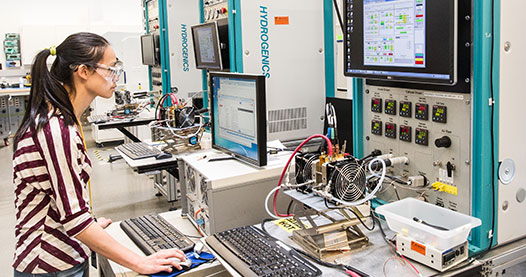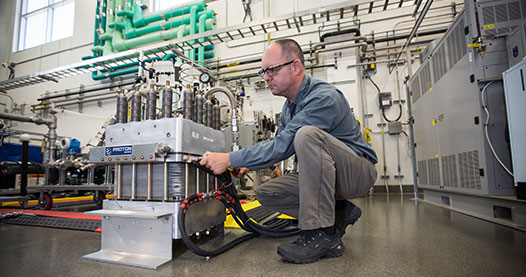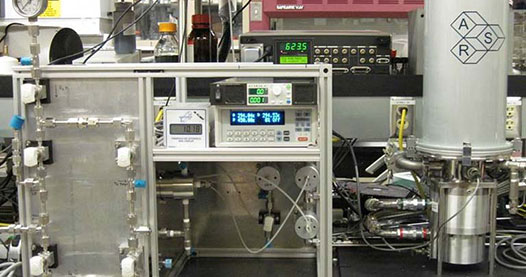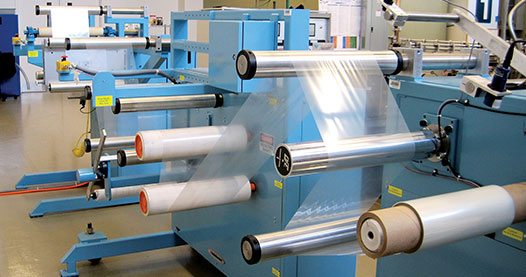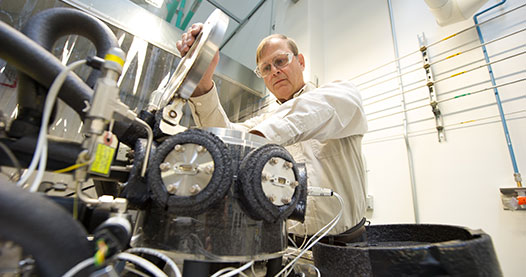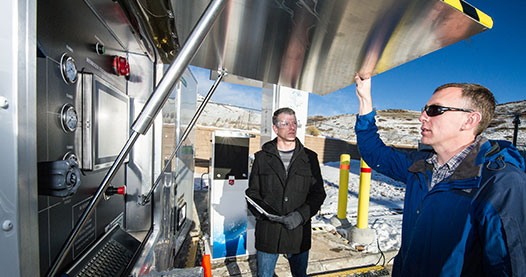Research
NLR research improves the efficiency, scalability, and manufacturability of hydrogen and fuel cell technologies and systems—driving cost reductions that support industry in developing American technology and reinforcing U.S. leadership in global markets.
Our capabilities and crosscutting expertise bridge technologies with other research areas across the lab and support multiple external research initiatives, consortia, and collaborations.
R&D Areas
Share
Last Updated Jan. 7, 2026

